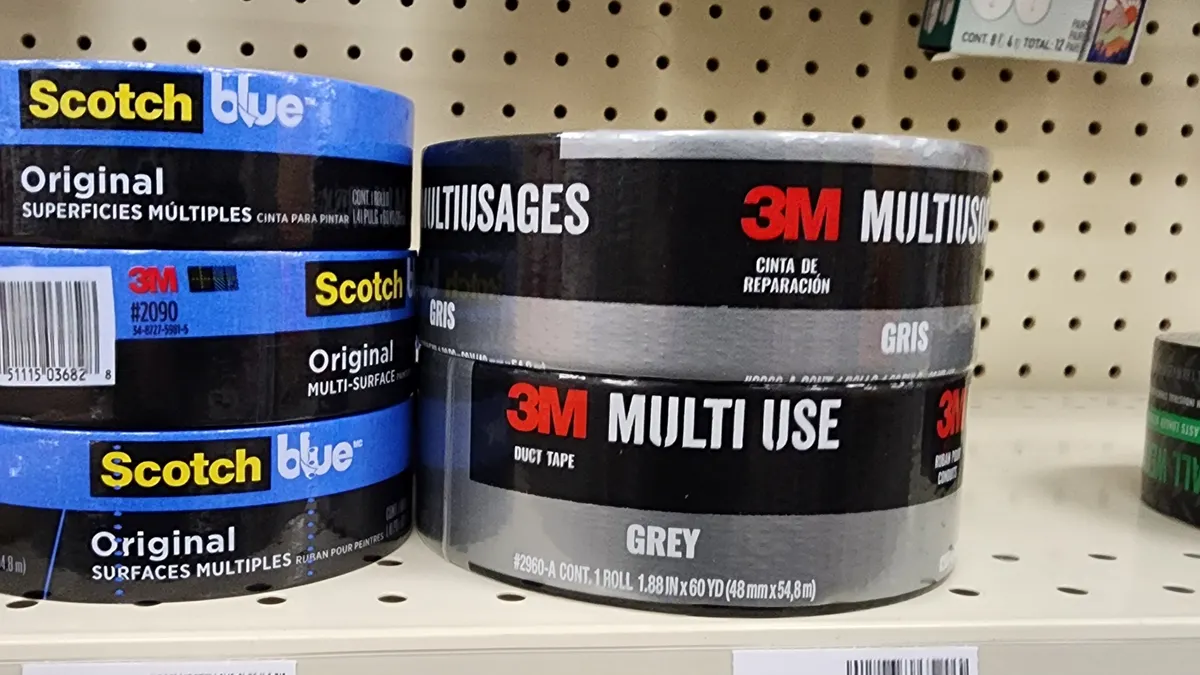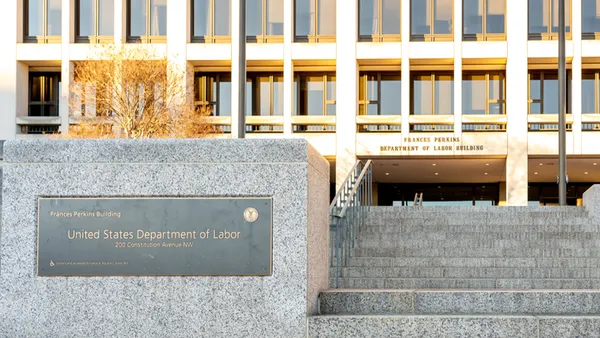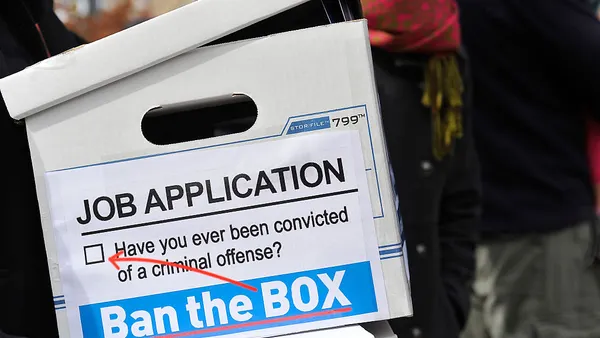3M won summary judgment on a religious accommodation claim because “ample, undisputed evidence” showed it would suffer an undue hardship if it exempted a patient support employee from its COVID-19 vaccination requirement, a federal district court in Pennsylvania held Sept. 2.
In ruling for 3M, the court in Cleckner v. 3M Company said the global manufacturer established that for it to stay competitive, patient support employees had to work in-person at healthcare facilities, where they promoted and provided training on 3M medical devices, and the facilities wouldn’t let them on the premises if they weren’t vaccinated against COVID, even if they had an exemption.
The court also noted that according to an expert’s unrefuted report, it was important for patient support employees to be vaccinated “because they were in regular contact with persons at an increased risk of serious complications and death from COVID-19.”
According to court records, the employee’s main job was to promote a medical device that treated patient wounds while they recovered from surgery, injury or disease. Her tasks included showing healthcare personnel how to use the device and assisting patients who were transitioning from a healthcare facility to their home.
3M asserted that employees from competitors were also at healthcare facilities trying to convince patients and providers to use their similar devices, and 3M would become less competitive if its employees weren’t there advocating for 3M products.
At the outset of the pandemic, the employee had to work remotely because the facilities she visited prohibited her and other third-party vendors from entering their premises, court records said.
After a federal COVID vaccination mandate took effect, 3M required employees to get vaccinated if they worked in-person at healthcare facilities covered by the mandate, according to court documents.
The employee submitted two requests from a religious exemption. 3M rejected the first request, and its system automatically appended the second request, which included different information, to the denied first request, the record said.
3M fired the employee after she failed to comply with its COVID vaccination requirement. She sued the company for religious discrimination in violation of Title VII of the Civil Rights Act of 1964 and Pennsylvania law.
To proceed with her claim, the employee had to show she had a sincerely held religious belief that conflicted with 3M’s vaccination requirement and that she informed 3M of her belief, the court said.
While it found she did these things sufficiently, evidence cited by 3M, including the employee’s prior communications, raised factual questions over whether her religious beliefs were sincerely held, required a jury to make credibility determinations, the court said.
Ultimately, 3M prevailed in the case without having to go to trial because it established undue hardship — a “complete defense” to a religious accommodation claim — under the rigorous standard required by Groff v. Dejoy, the court held.
For the most part, religious vaccine exemption cases have been difficult for employers to defend. For instance, a jury recently found in favor of a former Chicago Transit Authority electrician, a practicing Catholic, who said he was denied an exemption from CTA’s vaccine requirement.
In that case, the worker alleged he had minimal contact with the public and was replaced by a non-Catholic employee who received the COVID vaccine.













